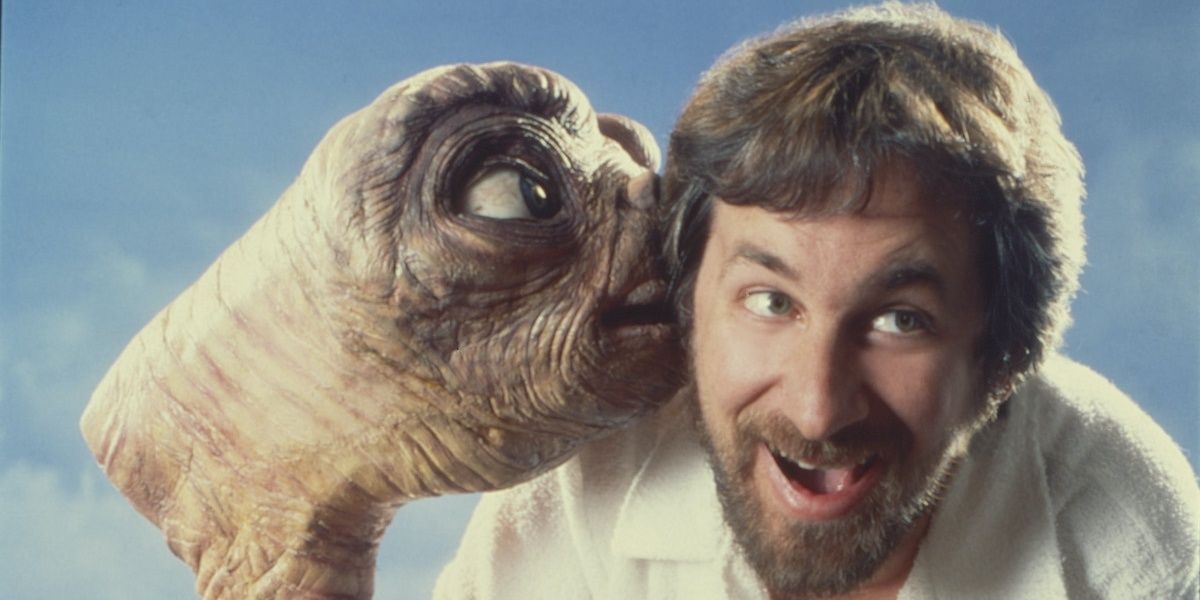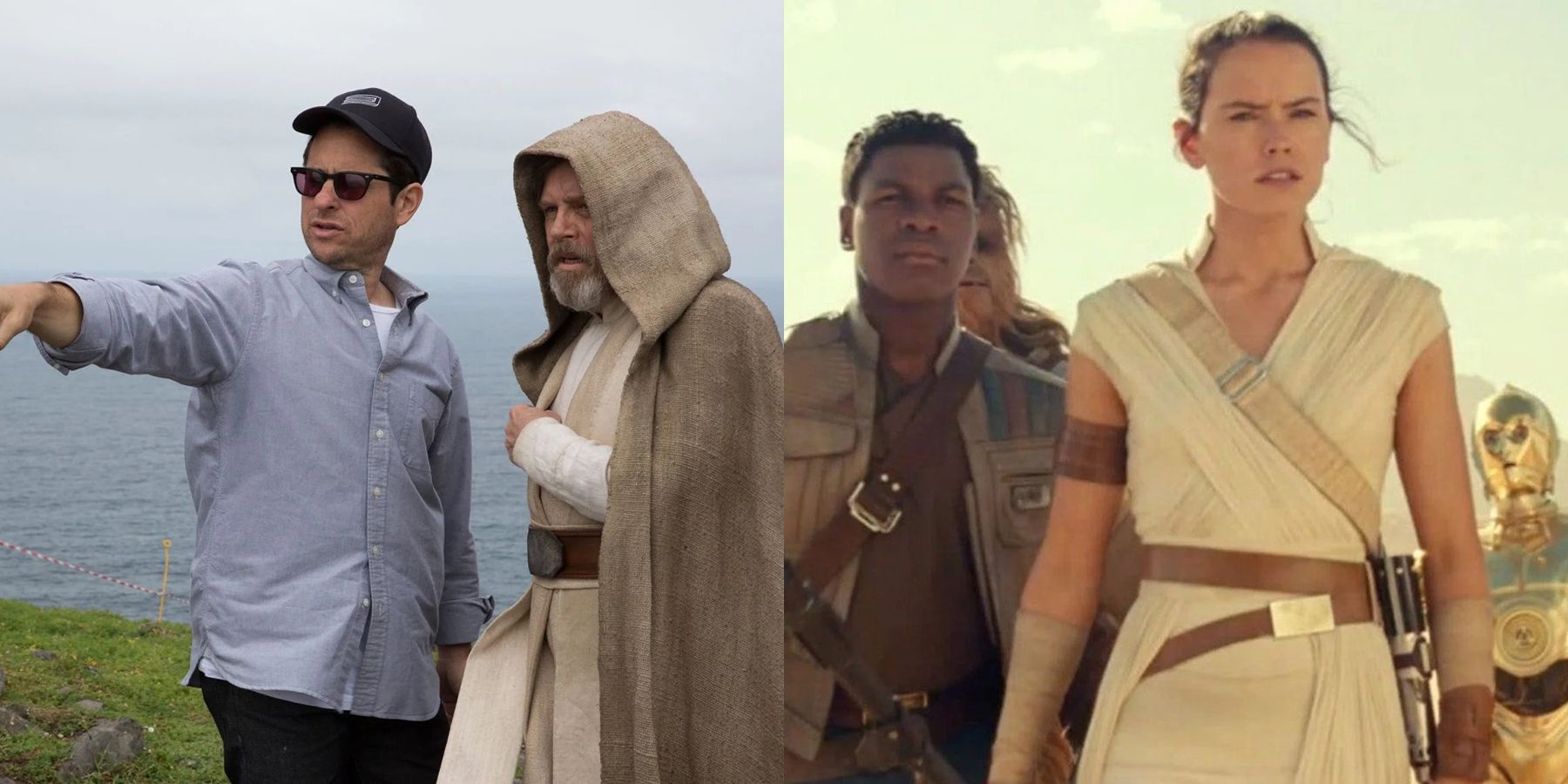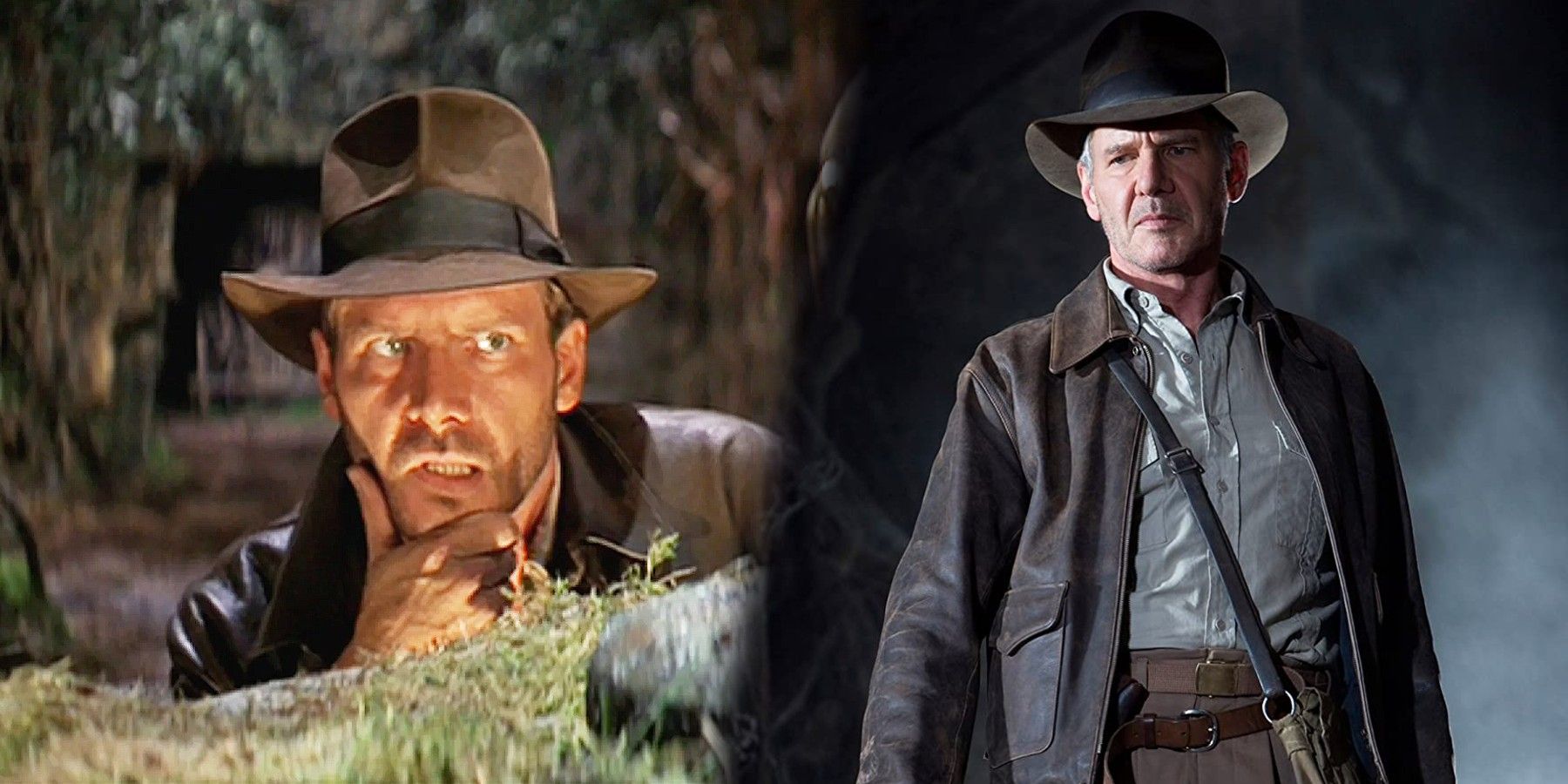There aren't many eras in cinema that is more nostalgic than the period of action-adventure movies from the late seventies to early nineties. This era's films in the genre mainly come from filmmakers Steven Spielberg and George Lucas. If anyone were to list filmmakers who influenced that period in cinema the most, it would be difficult to convince anyone that they weren't the top two. Star Wars, E.T., Jurassic Park, and obviously their infamous collaboration, Indiana Jones, created an era in cinema defining the summer blockbuster.
Because they were so influential, many of the newer filmmakers jumping into the profession now were massive fans of those movies. Like any generation of filmmakers, they were very much like the Movie Brats. The Movie Brats were a young, up-and-coming group of film buffs turned filmmakers coming out of college creating cinema heavily influenced by the movies they group up with. This era marked the rise of the likes of Scorsese and Francis Ford Coppola. They took what they loved and made something new in homage to that, much like George Lucas being influenced by Akira Kurosawa movies for Star Wars.
This trend happens a lot. A more recent group that was heavily influenced by the Movie Brats came into cinema in the mid-2000s. Among that group of filmmakers who grew up watching Spielberg and Lucas is J. J. Abrams, who made a name for himself with his series Felicity and his production company Bad Robot. Much like the original Movie Brats, he created his own style and took major influence from the filmmakers and movies that he loved. Just watching an Abrams movie like Super 8 makes it almost painfully obvious that he was a student of that era of cinema. But although Super 8 was a big homage to the likes of E.T., it doesn't come close to what he did with Star Wars.
It's not farfetched to say that many fans didn't particularly enjoy the Star Wars sequel trilogy. But the fact that people didn't like it wasn't necessarily the issue. If audiences didn't like it, then so be it. Many fans don't like continuations of their beloved franchises, including the prequel trilogy. But the sequel trilogy's biggest problem is that it went beyond just homage. It is a pure copy-and-paste fan service that takes nostalgia and turns it into a full genre of its own.
Nostalgia should not be a genre; at most, it should be sparingly used. It is quite disappointing, but many franchises seem to fall into the category of making nostalgia a full-on genre. These movies are purely to capitalize on a built-in fan base rather than building their own fan base with younger moviegoers. For instrance Ghostbusters: Afterlife is filled with scenes that remind viewers of the moments fans loved from the originals, rather than making new memories and moments. That is why many fans have become skeptical about sequels and reboots before production even begins. Audiences don't want another The Force Awakens, which is almost the same movie as the original Star Wars.
But it isn't just one of George Lucas' major works that is getting a continuation. Indiana Jones 5 is coming next year. Originally, with Steven Spielberg set to direct his fifth Indiana Jones movie, it almost seemed perfect. Spielberg was back, Harrison Ford is returning, David Koepp was writing the screenplay, and Disney was producing it. But when Steven and Koepp both exited, it was understandable that fans would be slightly concerned. There's a long history of troubled productions on franchises that didn't bode too well for the movies, and this seemed to be no different.
But it was later announced that the director behind Logan and Ford V. Ferrari, James Mangold, would be directing, with Jez and John-Henry Butterworth writing. Although some fans may be discouraged by this move, it may be for the better for a couple of reasons. First, they are obviously very talented filmmakers. That is not to say Spielberg isn't, but James Mangold is a newer filmmaker with an impressive resume, who is coming into the franchise with an assumedly fresh take on Indiana Jones.
But the big reason Mangold might be a great choice is that he has worked with a big franchise before in The Wolverine and Logan. And when he did, the films he created were their own movies. They progressed the overall story forward, rather than being stuck in the past. At this point in time with franchise films, movies that push the characters and stories forward are taking a backseat to ones that focus on past moments. What Indiana Jones needs isn't a backseat for nostalgia and opportunities to make an all-new trilogy. Indiana Jones needs that finale. It needs the same kind of finale that Mangold gave Wolverine in Logan. Indiana Jones doesn't need to die, but if this is the final installment in the franchise, it needs to have closure and not a reboot for more sequels. If Indiana Jones 5 is the conclusion of the story, then it should be the end and only the end, not an all-new beginning for something else.

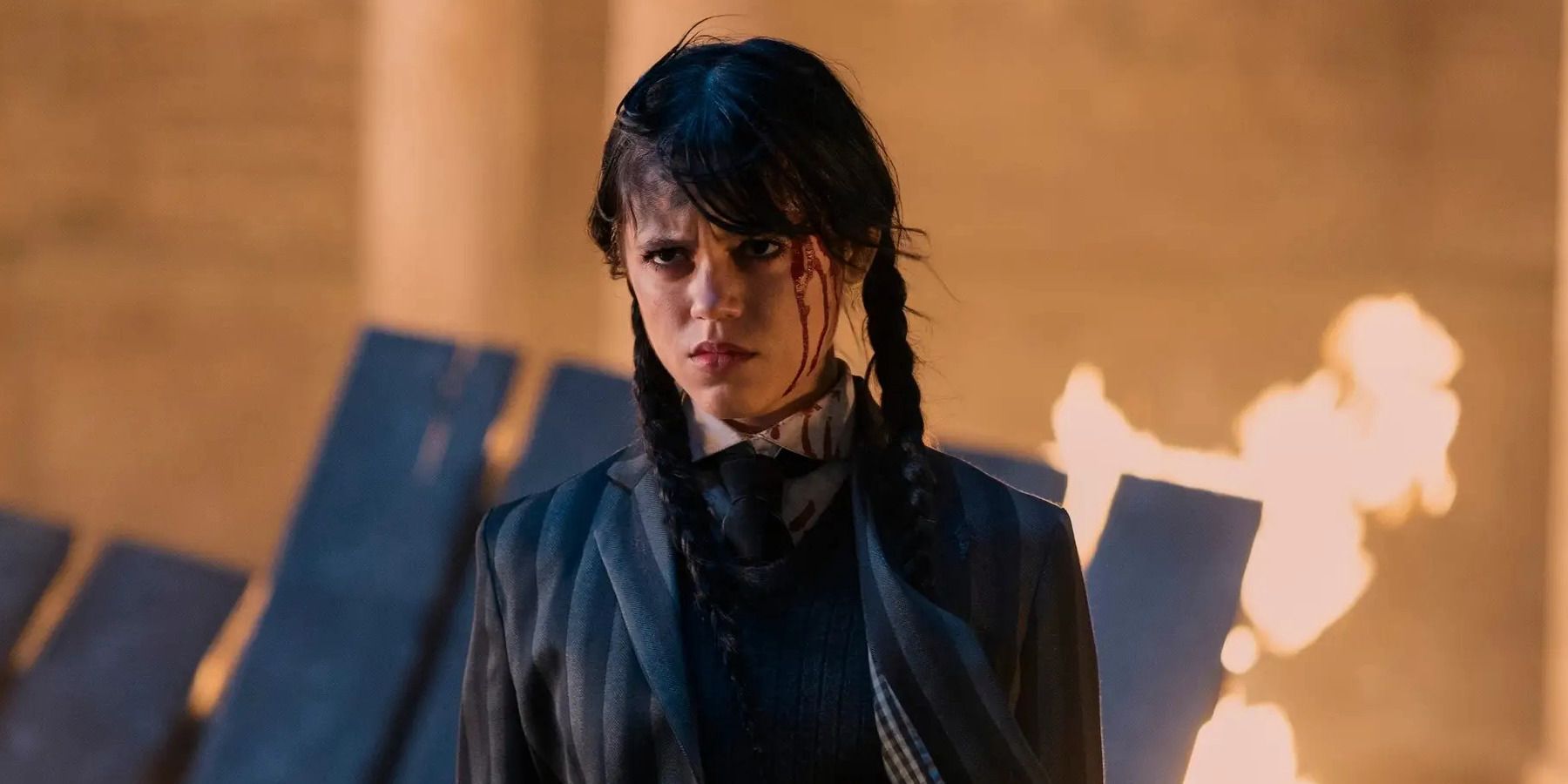
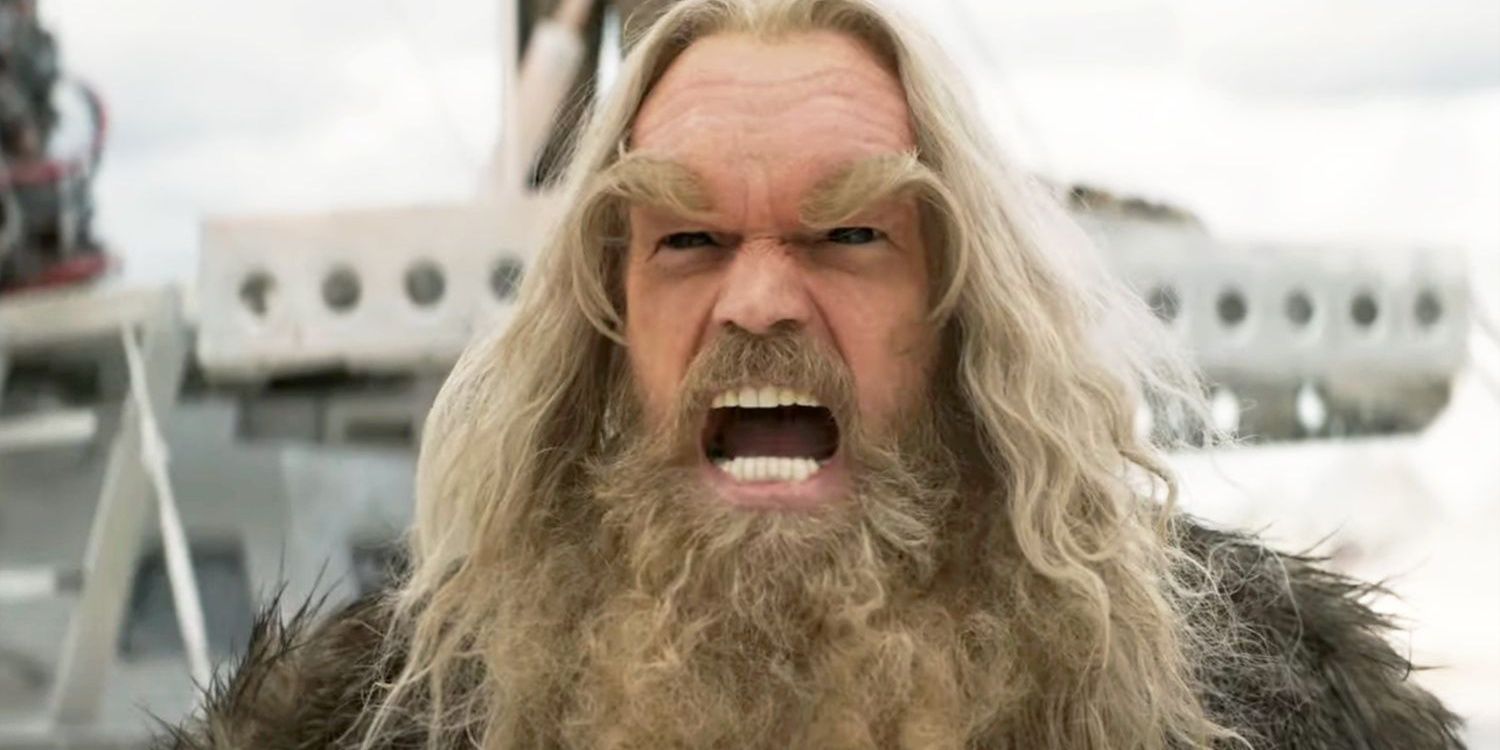
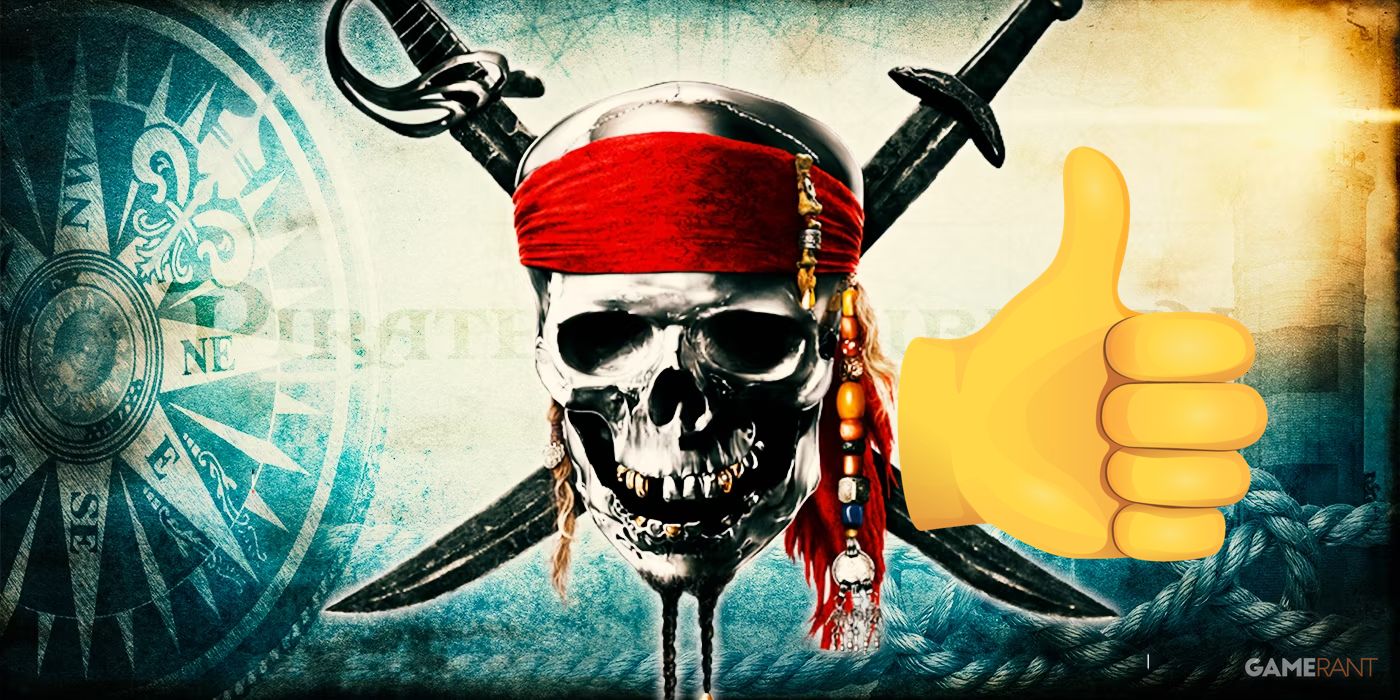
.jpg)
